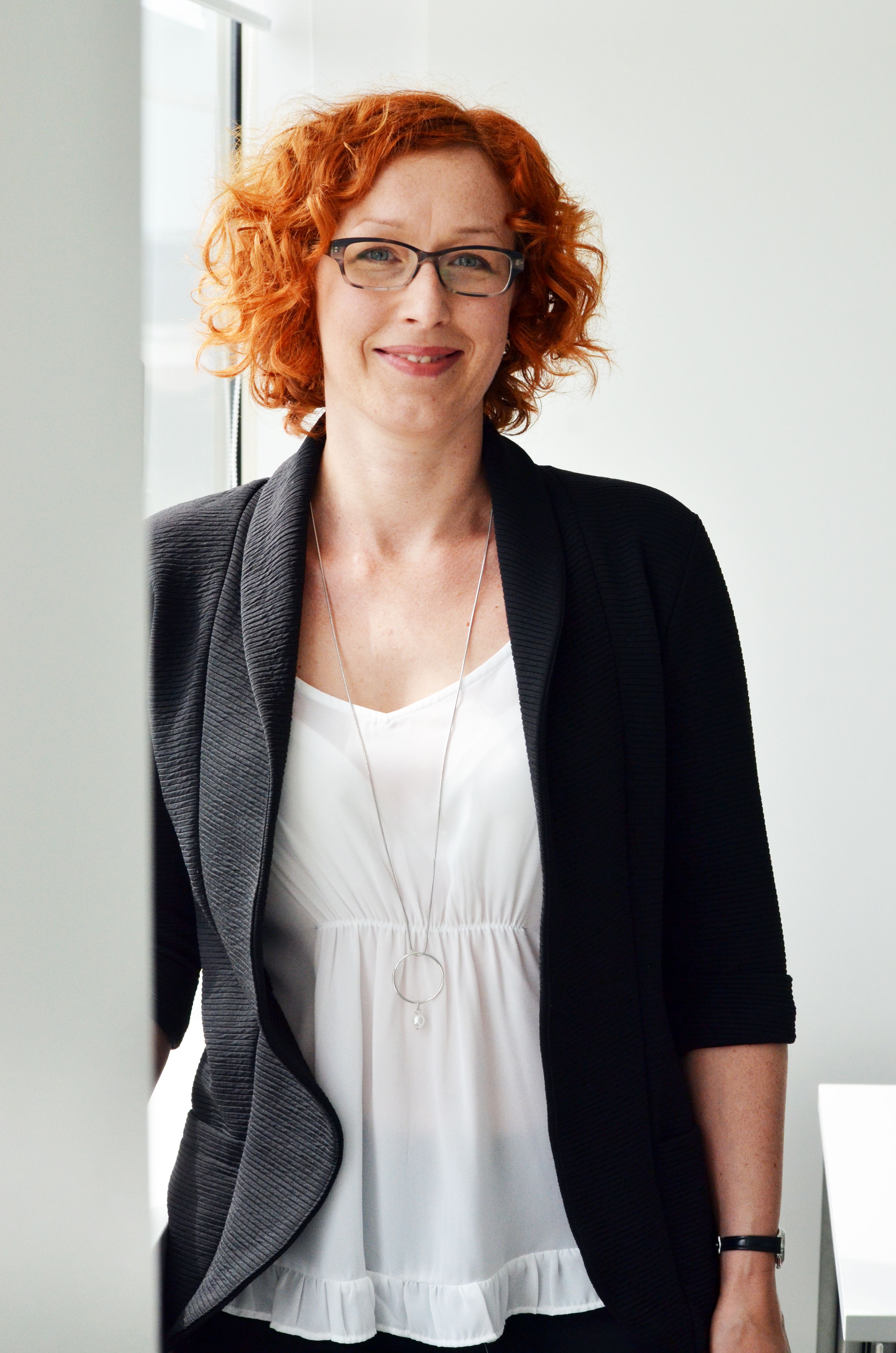8th July 2020
3 min read
Advancing personalised cancer treatment through patient “avatars”
NORLUX patient-derived brain tumour models available on PDXFinder
The NORLUX Neuro-Oncology Laboratory at the LIH Department of Oncology (DONC) recently contributed to PDXFinder, a global database of patient-derived tumour xenograft (PDX) mouse models. NORLUX’s collection of 40 models and associated data is now available to the international scientific community, further supporting the worldwide use of these key tools for translational oncology research.
In order to study tumor evolution and drug response, and therefore develop novel therapeutic molecules, experimental models that accurately represent a patient’s tumour are of utmost importance in the preclinical setting. To address this currently unmet need, NORLUX has been working in close cooperation with the Centre Hospitalier de Luxembourg (CHL) to establish a collection of brain tumours from over 600 patients. Through the tumour samples obtained from the CHL Neurosurgery department, the NORLUX team has been generating a comprehensive cohort of over 40 Patient-Derived Orthotopic Xenografts (PDOXs) of malignant gliomas including glioblastoma, one of the deadliest forms of brain cancer. These glioma PDOXs consist of human tumour organoids – three-dimensional tissue cultures derived from viable cells from patient tumours – which are subsequently implanted in immunodeficient mice. These models act as clinically relevant patient “avatars”, faithfully reflecting the main biological, histological and genomic features of the original patient tumor. PDOXs therefore enable the preclinical assessment of new drugs, as well as the study of a patient’s response to a specific treatment.
The LIH NORLUX collection of 40 PDOX glioma models is now available on PDXfinder, an open global PDX model catalogue co-developed by the European Molecular Biology Laboratory - European Bioinformatics Institute (EMBL - EBI) and the Jackson Laboratory to facilitate the identification of relevant PDX models of interest to researchers and pharmaceutical companies. The currently available data about the LIH models includes patient information, such as gender, age, diagnosis, type (primary/recurrent), site and grade. The remaining information, such as the genetic and molecular characteristics, methods of implantation, tumor histology, drug response and quality assurance methods, will be available soon.
“Our cohort includes PDOXs from primary and recurrent gliomas, at different stages, from different subtypes and carrying different mutations. We also have PDOXs derived from tumour samples of the same patient prior to and after treatment, which constitutes an invaluable research tool to thoroughly test novel therapies and understand how tumours respond to various treatments. We therefore decided to share our unique collection of models and associated data on PDXfinder, putting our expertise at the service of the international research community"
explains Dr Anna Golebiewska, Group Leader at NORLUX.
“Orthotopic PDX models for brain cancer have a unique value as clinically relevant drug testing platform. However, because of their complexity, they are rarely available to academia or industry. Moreover, finding relevant models of interest is a further challenge for investigators. By sharing our work through PDXfinder, we are contributing to increasing the availability and use of these invaluable resources at the global level, thereby tangibly supporting breakthroughs in personalised cancer therapy"
concludes Prof Simone Niclou, Director of the LIH Department of Oncology (DONC).
NORLUX is a member of the EurOPDX consortium, supported by the European Union's Horizon 2020 research and innovation programme under grant agreement No. 731105 EDIReX.

